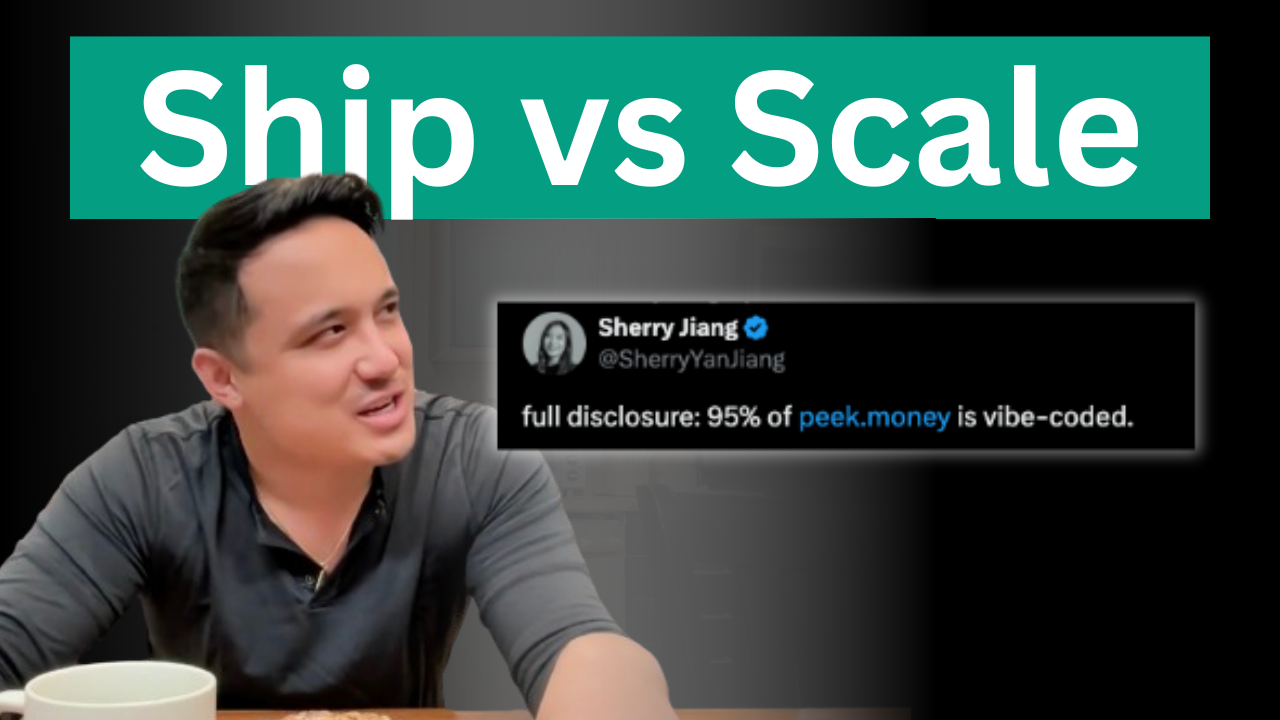Beyond Deep Work: Why the Future of Productivity is Intelligent Orchestration
Apr 24, 2025
When I wrote the LinkedIn post about “Deep Work” evolving into something new, it wasn’t just a hot take.
It was a reflection of how my own working style has been forced to adapt—especially as I experiment with more AI tools and workflows.
In the past, productivity meant doing one thing well, one thing at a time.
You blocked off hours for focus, fought off distractions, and powered through until the task was done.
That worked—when tasks were linear and human-powered.
But here’s the shift: I’m no longer the only one doing the doing.
I'm orchestrating outputs across multiple tools and agents simultaneously.
That requires more context switching—not less—but it’s high-leverage context switching.
And it’s deeply intentional.
Let me break that down.
Today, I might:
-
Be directing ChatGPT through a multi-step research prompt
-
Review progress on a backend being scaffolded by Replit
-
Ideate use cases in parallel for a separate product track
Each of these threads runs independently, but I’m still plugged in—guiding each one, offering course corrections, injecting new context.
That’s not traditional multitasking. It’s a shift in how value is created.
I call it intelligent orchestration.
And here’s the kicker: the old method of working doesn’t prepare you for this.
You can’t just brute-force one thing at a time when you’re the conductor of a symphony of AI-powered flows.
Even the "dead time"—when you'd normally doomscroll—can now be repurposed.
You can pick up a different thread with a different agent and move that initiative forward.
You're no longer limited by what you alone can execute.
This is the new meta.
For those not in gaming, that means it’s the game within the game—the strategic layer that separates casual from elite.
So if you’re still thinking about productivity as focus time + output, it’s time to reframe.
The real differentiator now?
Flow coordination, agent orchestration, and the ability to manage simultaneous progress.
I’m still learning. Still testing. Still building.
But one thing’s clear: Deep work isn’t dead—it’s evolving.
And if you can learn to guide instead of grind, the ceiling on what you can accomplish just got a lot higher.




